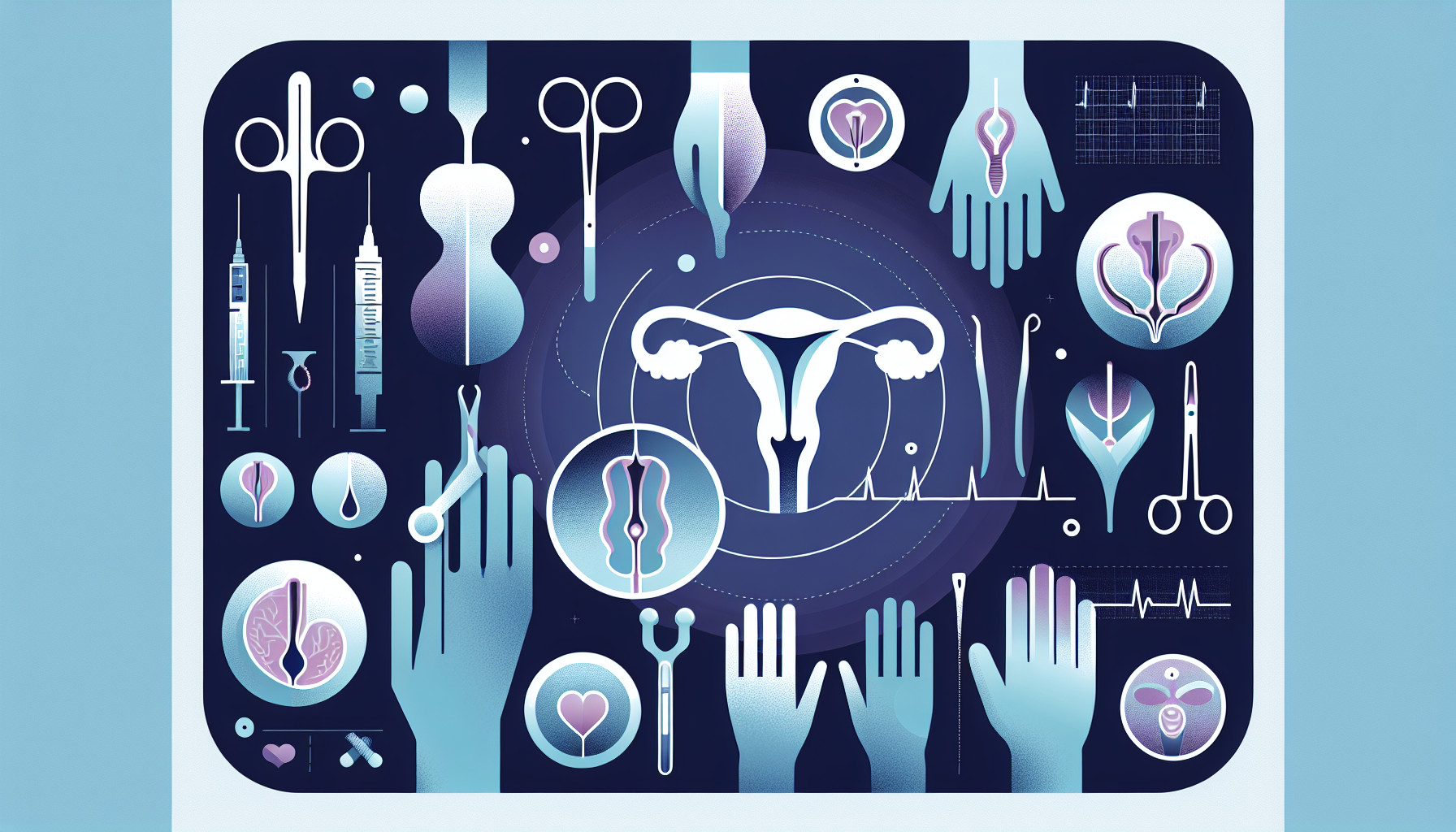Our Summary
This study looked at the results of a specific type of surgery that transforms the male genitals into female ones, known as a “modified” penile inversion vaginoplasty (PIV), in transgender individuals. This is reportedly the first study of its kind from Turkey.
The researchers gathered data from transgender adults who had this surgery at their institution between 2015 and 2019. They used a consistent surgical technique in all cases. They collected information about the patients’ characteristics, medical history, previous surgeries, and any complications that occurred during follow-up visits.
The average age of the 30 participants was around 31 years. They typically stayed in the hospital for about 10 days after the surgery. After one year, the average depth of the new vagina was about 14.2 cm. Most patients (80%) reported that their new vagina was satisfactorily moist. About a quarter of patients had no complications at all, but 63.4% experienced complications either during or after the surgery, including rectal injury and issues like narrowing of the vagina, scarring, and infections. However, the overall satisfaction rate with the surgery was quite high, at 81.84%, considering mental, physical, and social aspects of health.
The researchers concluded that this “modified” PIV surgery can be a good option, especially for individuals with short penile skin or circumcision, because it can provide satisfactory lubrication and vaginal width/depth.
FAQs
- What is the “modified” penile inversion vaginoplasty (PIV) surgery, and how is it different from other types of vaginoplasty surgeries?
- What were the most common complications reported in the study of transgender adults who underwent the “modified” PIV surgery?
- What were the findings of the study in terms of patient satisfaction and results following the “modified” PIV surgery?
Doctor’s Tip
One helpful tip a doctor might tell a patient about vaginoplasty is to carefully follow post-operative care instructions to minimize the risk of complications and promote healing. This may include keeping the surgical site clean and dry, avoiding strenuous activities, and attending follow-up appointments with your healthcare provider. Additionally, it is important to communicate any concerns or changes in symptoms to your healthcare team promptly.
Suitable For
Patients who are typically recommended for vaginoplasty include transgender individuals seeking gender confirmation surgery, individuals with congenital conditions affecting the genitalia, individuals experiencing gender dysphoria, and individuals seeking to improve their quality of life and sexual function. It is important for patients to undergo thorough psychological evaluation and counseling before undergoing vaginoplasty to ensure they are prepared for the physical and emotional changes that come with the procedure.
Timeline
Before the surgery, a patient typically undergoes a thorough evaluation by a healthcare provider specializing in transgender care. This may include hormone therapy, mental health assessments, and obtaining letters of recommendation for surgery. The patient will also need to undergo electrolysis or laser hair removal in the genital area to reduce the risk of hair growth inside the new vagina.
After the surgery, the patient will spend several days in the hospital recovering. They will need to follow post-operative care instructions, including taking pain medication, keeping the surgical area clean, and avoiding strenuous activities. Follow-up appointments will be scheduled to monitor healing and address any complications that may arise.
Over time, the patient will gradually resume normal activities and may need to undergo dilation therapy to maintain the depth and width of the new vagina. Mental health support may also be necessary to address any emotional challenges that arise during the recovery process.
Overall, vaginoplasty can have a significant impact on a transgender individual’s quality of life, improving their physical and emotional well-being.
What to Ask Your Doctor
Questions a patient should ask their doctor about vaginoplasty:
- What specific surgical technique will be used for my vaginoplasty?
- What are the potential risks and complications associated with the surgery?
- What is the typical recovery time and post-operative care for vaginoplasty?
- What can I expect in terms of sensation and function in the new vagina?
- How will the surgery affect my ability to have sexual intercourse?
- Will I need to undergo any additional procedures or treatments after the vaginoplasty?
- What are the long-term outcomes and potential complications of the surgery?
- How experienced are you in performing vaginoplasty procedures?
- Are there any alternative treatments or procedures that I should consider?
- What is the overall satisfaction rate among your previous patients who have undergone vaginoplasty?
Reference
Authors: Arda E, Arıkan MG, Top H. Journal: Transgend Health. 2023 Dec 13;8(6):558-565. doi: 10.1089/trgh.2021.0003. eCollection 2023 Dec. PMID: 38130982
